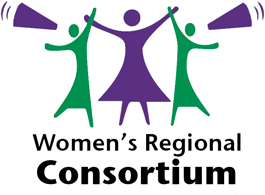In our response to the Department’s earlier consultation on Domestic Rating Measures we highlighted a range of issues that impact on people’s ability to pay for any proposed charges in relation to revenue raising which we re-state here. We believe that many people on the lowest incomes would struggle to afford any such additional charges. Given the impact of the Cost-of-Living Crisis, budget cuts impacting on public services and with deprivation levels higher here than the rest of the UK those with the least should not be asked to pay any more.
Women’s Ability to Pay for Proposed Charges
Women are more likely to be in receipt of social security benefits, more likely to be in low-paid, part-time and insecure work, more likely to be providing care either for children or other family members which limits their ability to carry out paid work and more likely to have to make up for cuts to public services through unpaid work. All these factors contribute to keeping women’s incomes generally lower over their lifetimes and therefore puts them at greater risk of living on a low-income and in poverty.
These existing gender inequalities have been worsened by the Covid19 pandemic, a decade of welfare reform and austerity policies that have hit women harder and now the Cost-of-Living Crisis is compounding the worsening situation for women. The impact of all these issues coming together has helped to create a perfect storm where women on the lowest incomes are struggling to meet their most basic needs, having to access foodbanks and expensive credit to afford essential items. This raises grave concerns for future generations and the costs and impacts to individuals, communities, the economy, education and health.
Women often bear the brunt of poverty in the home managing household budgets to shield their children from its worst effects. This means that women end up acting as the ‘shock absorbers’ of poverty going without food, heat or clothes in order to meet the needs of children and/or other family members when money is tight.8 These actions taken by women are often unseen within the home and given little attention or focus in terms of policy. It is likely therefore that many women will be considerably impacted by any revenue raising measures introduced.


